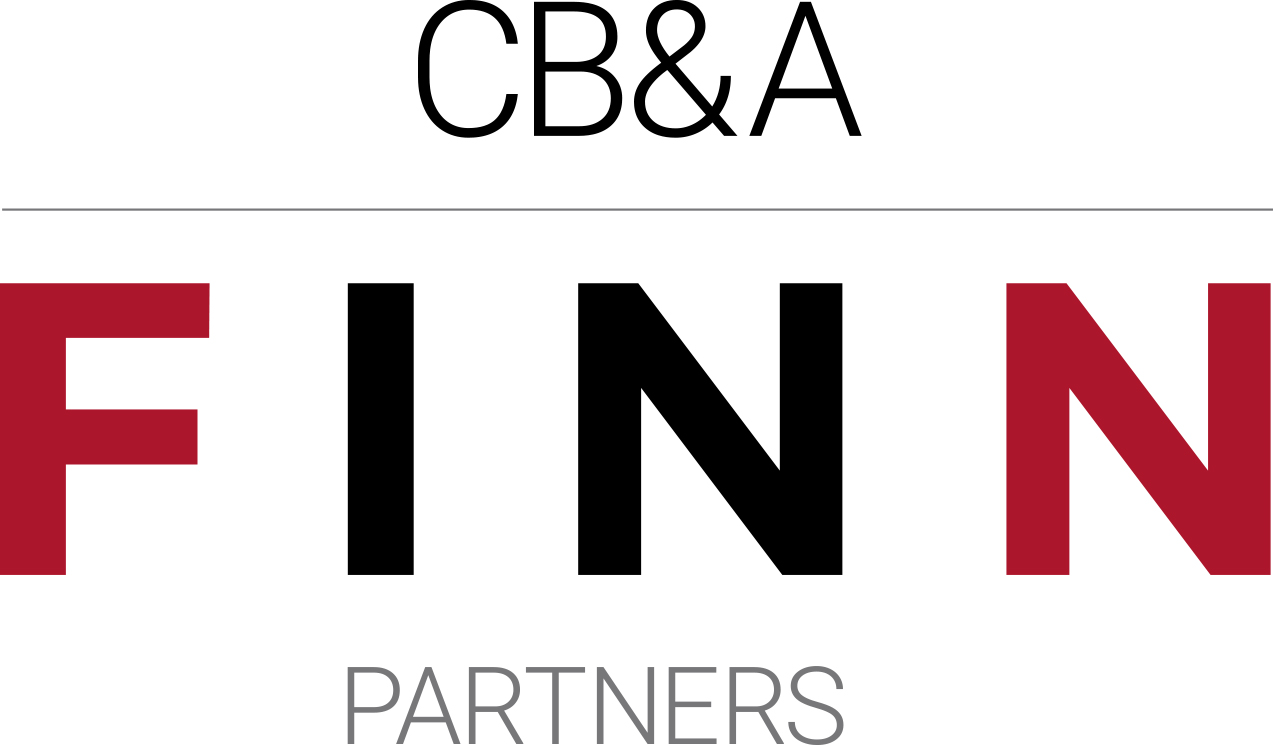
It’s hard to believe I’ve been out of college for almost a year. Well, sort of halfway out of college. I moved to Madison last May and chose an apartment complex on UW-Madison’s frat row—partly because rent was reasonable, and partly because of its proximity to downtown Madison and all its spoils. This past year, while I’ve been adjusting to “adult life”, my neighbors have been reveling in college immaturity with loud nights, game day fun and lots of hip-hop dance parties. Sometimes, when I arrive home to students playing bags in the street, or have to elbow some freshman frat boy out of the way for a parking spot, I feel more like I’m still in college than a professional working woman.
This is part of the reason why I chose to take a class last semester. With all those students running around, it made me remember what I missed most about school—the excitement of learning something new. So, I researched some classes and stumbled across one that specialized in Search Engine Optimization (SEO) strategies.
I learned A TON during the eight week class, including some super useful (and simple) ways to boost your SEO. Here’s some of the best tips and tricks I learned, along with links to free resources so you can check out your own SEO prowess.
- Spiders are your friend
Search engines use spiders to provide up-to-date data to their search results. Spiders crawl your webpages looking for information, identifying your keywords, hyperlinks, and much more. Without spiders, search engine results would not exist!
You can see how spiders see you website by visiting: www.feedthebot.com
- Keywords are your good friend
In order for spiders to recognize keywords on your site, the content must be in HTML format; search engines do not automatically recognize images, flash files, Java applets and other non-text items. It’s also important to find the right sequence of keywords that makes the most sense for your site. For example, there are more people searching the web every month for ”education PR” than “public relations for education.”
You can use Google Adwords to gauge the popularity of certain keywords:
And then see where your site ranks when using certain those keywords:
http://sitereportcard.com/checkranking/
- Anchor text is your best friend
Anchor text is any text on your website that is linked, whether to outside sources or other pages of your own website. Spiders identify anchor text as more important than non-linked text, so it is vital that your desired keywords are hyperlinked to pages that emphasize that keyword. For example, “Services” is a poor example of anchor text, as it doesn’t give any detail as to what the services might actually be. “Public Relations and Marketing Services” would be much better, as it contains specific keywords relevant to the content of your site.
Be sure to check back soon for Part 2 of From Frat Row to SEO—Title Tags, Headers and more!
